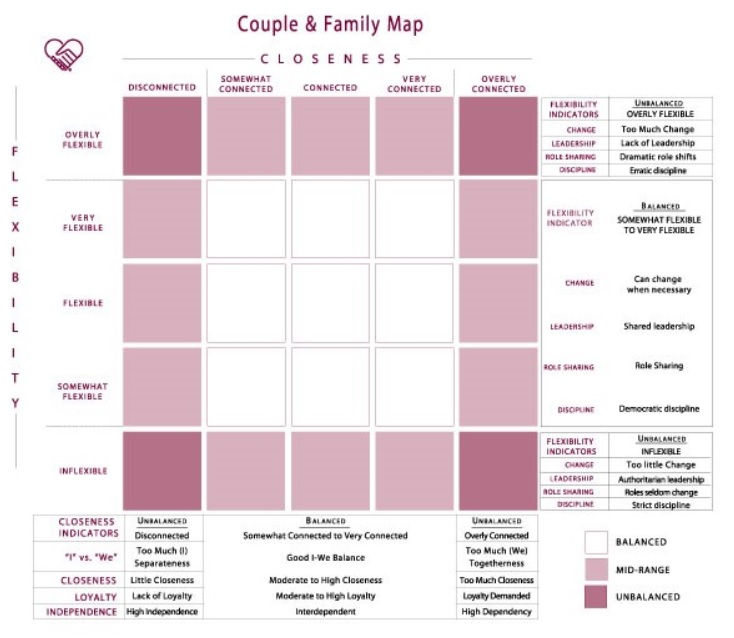What does "Trauma-Informed" Mean?
- rogerlinpsyd
- Dec 28, 2022
- 1 min read
Trauma-informed care is the shift from "What is wrong with you?" to "What happened to you?"
1. Safety
Minimize the risk of re-traumatization or replicating prior trauma dynamics.
Create a safe, welcoming environment.
Provide physical safety in the building.
Provide psychological safety through confidentiality and communication.
Respect privacy.
2. Trust and transparency
Build and maintain trust.
Clearly communicate rights and responsibilities.
Discuss expectations. Repair when expectations have not been met.
Provide hope and believe healing is possible.
Decisions are made with transparency.
Be consistent.
Set professional boundaries.
3. Collaboration
Create collaborative relationships and participation opportunities.
Work together to plan and evaluate care.
4. Empowerment
Affirm and validate the individual.
Give individual control, choice, and autonomy.
Use a strengths-focused perspective to promote resilience.
Equip individual with trauma-resistant skills.
5. Aware of diversity to cultural, history, gender.
View trauma in the context of individuals’ environments.
View trauma through a sociocultural lens.
6. Awareness
Understand that trauma-related symptoms and behaviors originate from adapting to traumatic responses.
Provide education for trauma awareness and understanding. Understand how our physiology responds to trauma. Provide education about re-traumatization. Explain the recovery process from trauma.
7. Knowledge, Expertise
Training in evidence based best practices in providing care to those who have experienced trauma. E.g., Cognitive Behavioral Therapy, Cognitive Processing Therapy, Prolonged Exposure Therapy, Cognitive Modification, Impact Statements, Stuck Point Logs, ABC Worksheet, Subjective Units of Distress Scale.
Evaluate and assess individuals who have experienced trauma, and provide effective recommendations.
Provide effective resources to foster healing, recovery, and growth.

Comments